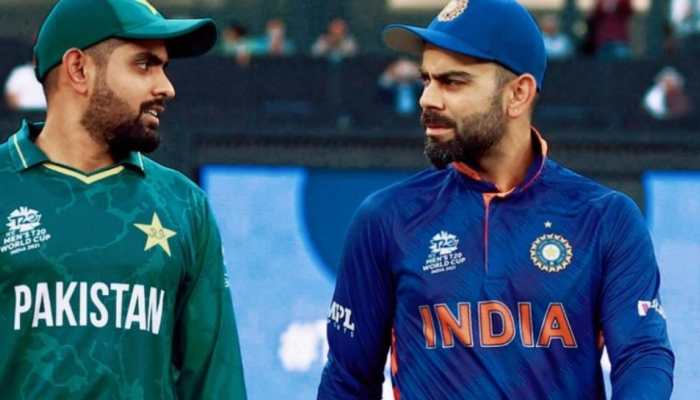No new mutant strain in Delhi dengue outbreak: ICMR DG
There is no new mutant strain of dengue which is affecting people of Delhi and if citizens do their bit then the epidemic can come under control very soon, says newly-appointed Indian Council of Medical Research (ICMR) Director General Dr Soumya Swaminathan.
Trending Photos
)
New Delhi: There is no new mutant strain of dengue which is affecting people of Delhi and if citizens do their bit then the epidemic can come under control very soon, says newly-appointed Indian Council of Medical Research (ICMR) Director General Dr Soumya Swaminathan.
In an exclusive interview, Swaminathan, a paediatrician and a researcher on infectious diseases, says that four sero types circulate in India and this year, Delhi is seeing more of sero type 4 and 2.
Excerpts of the interview:
Q: Is this scare on dengue genuine, is this an epidemic or an outbreak and is it something we should be deeply worried about?
A: What we are seeing this year is what we see every year, during and after the monsoon, and from what we know so far, of the number of cases and the sero types of dengue virus that are circulating, we are seeing the same pattern as we have seen in previous years. There are four sero types of the dengue virus, 1, 2, 3 and 4. It looks like the dengue sero type 4 and 2 are more common this year. Every year there is a different sero type that is more common and that varies from year to year. The clinical manifestations are also the same.
Q: Is there a new strain of dengue that is more virulent this year?
A: No, there is no new strain of dengue, it is the same strains of dengue. We have are four sero types that circulate in India and this year, in Delhi we are seeing more of sero type 4 and 2.
Q: Do you think the epidemic has peaked or it will peak a little later?
A: The epidemic, typically, peaks in the month of October, post monsoon. But, this year because we have not seen much rain in Delhi and there is no water stagnation, it is possible that it is already peaking and that we may see an actual decline in the cases in the next few weeks. If it rains again, and water starts collecting here and there, there are chances of a rise.
Q: What kind of precautions do you expect the people to
take so that they do not get so affected by dengue?
A: See the main precaution people need to take is to make sure there is no water stagnation within households. The Aedes aegypti mosquito likes to breed in clean water, and can breed in very small amounts of water. So even the plate we keep under our vases or flowerpots, people like to decorate flowers in their drawing rooms, bamboo containers. There are air conditioner trays and there fridge trays and so on which collect water, this is where the larva breeds, in clean water. The main thing we have to make sure that we do not give a breeding site for the mosquito.
Q: It is really for the citizens to do a lot on their own rather than trying to depend on the government, is that what you are telling me?
A: Absolutely, because this mosquito breeds within and around households. So every household and family takes care of their surroundings, we should be able to really bring down this menace down quite a bit, but one has to be very watchful. This is a mosquito that bites in the day, so wearing the right clothes in daytime. The government cannot do this alone.
Stay informed on all the latest news, real-time breaking news updates, and follow all the important headlines in india news and world News on Zee News.
Live Tv







)
)
)
)
)
)
)
)
)
)
